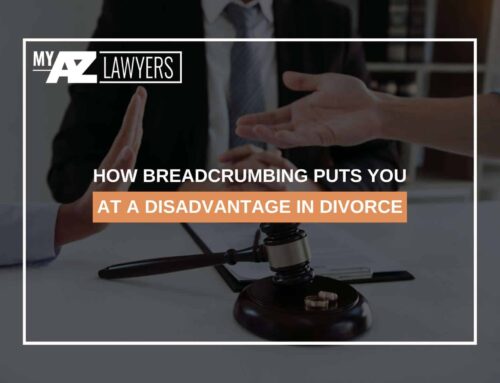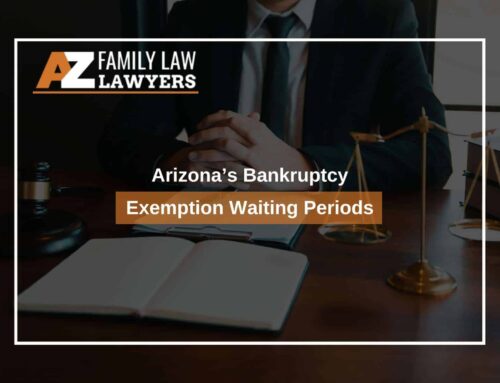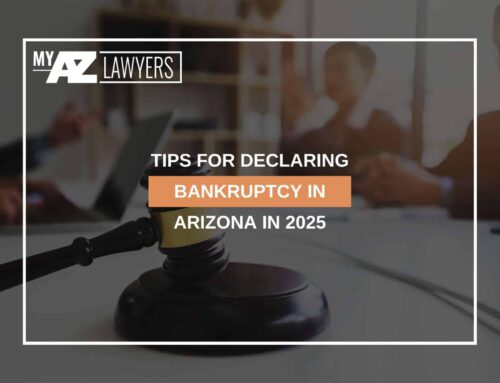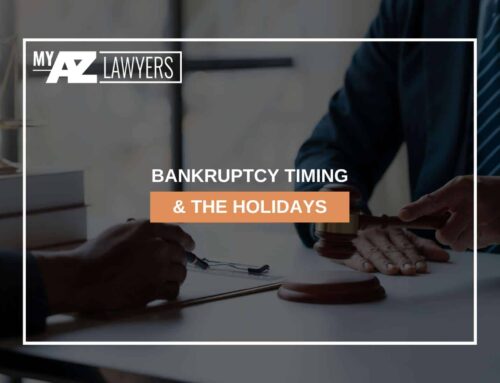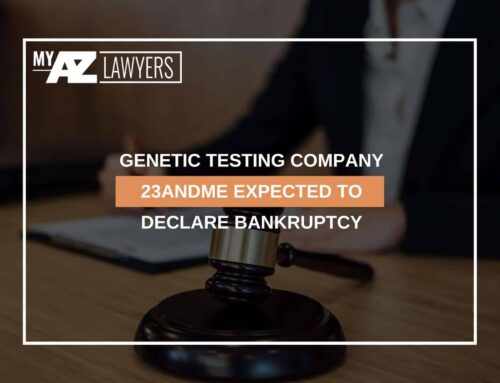Table Of Contents
The Pros and Cons of Filing for Bankruptcy
Bankruptcy is a strategic way to get debt relief when you are struggling to pay your bills. It’s a legal right that is provided to those who cannot keep up with their debts. Depending on the type of bankruptcy you file, you might be able to clear all of your unsecured debts, such as your credit card debts, or you might be able to get a structured repayment plan that reduces your debts and makes them easier to pay off.
Before you decide whether or not to file for bankruptcy, you might want to consider all of the pros and cons first. Here’s a look at some of the advantages and disadvantages to filing for bankruptcy, depending on your unique circumstances:

Advantages
Clear Your Credit Card Debt
One of the biggest benefits of filing for bankruptcy – and one of the things that attracts so many people – is the ability to clear out all your credit card debt. If you qualify for Chapter 7 bankruptcy and file, you will get a fresh slate when it comes to your credit cards. You will no longer have to make payments on those cards, and the debts will be completely erased from your credit report.
Stop Harassment from Creditors
If you are late even one time with a payment, you will get a lot of phone calls and emails from your creditors reminding you to pay or asking you when you will be able to bring the account current. Start falling far behind on the one account or fall behind on multiple accounts, and it can feel like the harassment never stops. As soon as you file for bankruptcy, those calls will end. If a creditor calls you while you are in bankruptcy proceedings, they could face legal action.
Get Rid of Some Tax Liabilities
In most cases, you cannot discharge tax debts in a bankruptcy. However, you can clear tax debts that are older than three years in most cases. Depending on how much you owe, that could make a huge difference to your financial health.
Start Rebuilding Your Credit Faster
While you are struggling to repay your debts, you are compounding your credit problems. You are getting a negative mark on your history every time you make a late payment or don’t make a payment. When you file for bankruptcy, you can immediately clear up the money to start making those payments or to start paying on a new, smaller line of credit. You don’t have to wait to get your debts under control to start rebuilding. You can start immediately.
Plus, it’s much easier to explain to future creditors why you declared bankruptcy than to explain a long line of missed payments, defaults, and other problems.
Keep Your House and Other Assets
When you file for Chapter 7 bankruptcy, you are allowed to keep assets up to a certain value. Most people are able to still keep their houses, cars, and retirement accounts. When you file for Chapter 13 bankruptcy, you’re able to keep these assets because your repayment plan allows to catch up on your payments and stay current. Either way, you keep the things that are most important to you.
Disadvantages
Embarrassment
One of the biggest disadvantages to bankruptcy for many is that they feel embarrassed because of it. They feel shame in having let their debts get away from them. However, bankruptcy was designed to help people, and it has long been a legal right. There is no shame in taking advantage of the help that is being offered. Sometimes, bad things do happen to good people, and we all need a second chance sometimes.
Besides, no one ever has to know that you’ve filed for bankruptcy unless you tell them.
Losing Luxury Possessions
If you do have luxury possessions – such as a high-priced home, a vacation home, expensive jewelry, or recreational vehicles – you will likely lose them in a bankruptcy. However, the price you might pay if you don’t file for bankruptcy could be higher, such as continuing the downward spiral into debt. Losing a boat could be worth the fresh start.
You Can’t Get Rid of Some Debts
No matter what type of bankruptcy you file, you are unlikely to be able to discharge tax debts or student loan debt. Therefore, if your primary financial problem is that you owe thousands to the government, filing for bankruptcy may not help you much.
It’s a Hit to Your Credit
Filing for bankruptcy will most certainly take a big toll on your credit. You will find it very difficult to get credit after filing. However, this won’t last long. You will be able to be approved for some credit cards within a few months of filing, and you’ll be able to get approved for a mortgage within a year or two.
Filing for bankruptcy can actually help you restore your credit faster. You’ll take a hit, but it will be short-lived. Conversely, if you don’t file, your debt problems can linger, and they can wreak havoc on your credit.
Ultimately, whether bankruptcy is right for you or not will depend on your personal circumstances. You will need to weigh all the pros and cons to understand how it will benefit you or not. Consulting with an experienced bankruptcy lawyer can also help you understand the potential benefits.
The bankruptcy lawyers at My AZ Lawyers can help you understand your bankruptcy options and how filing for this debt relief may help you. Our attorneys may be able to help you get a fresh start so that you can rebuild your credit and reach your financial goals. Call us today to schedule a free consultation and learn more about what bankruptcy could do for you.
Published By:
My AZ Lawyers
Mesa Location:
1731 West Baseline Rd., Suite #100
Mesa, AZ 85202
Office: (480) 448-9800
Glendale Location:
20325 N 51st Avenue Suite #134, Building 5
Glendale, AZ 85308
Office: (602) 509-0955
Tucson Location:
2 East Congress St., Suite #900-6A
Tucson, AZ 85701
Office: (520) 441-1450
Avondale Location:
12725 W. Indian School Rd., Ste E, #101
Avondale, AZ 85392
Office: (623) 399-4222

